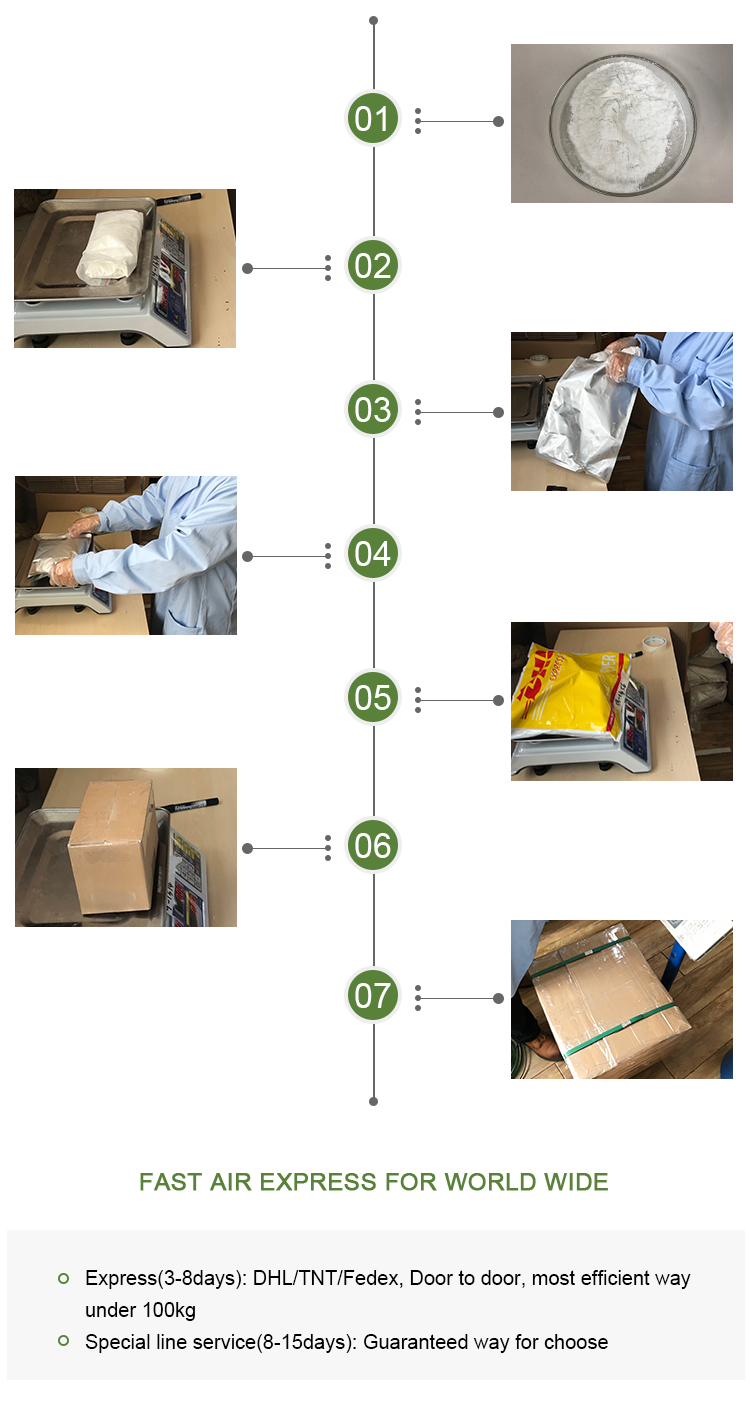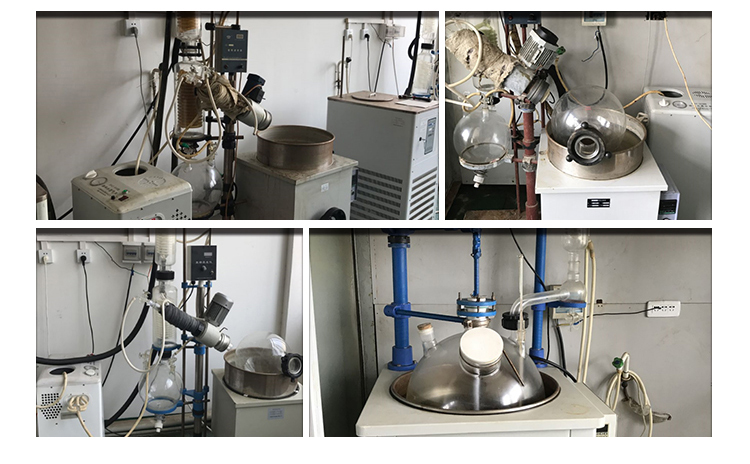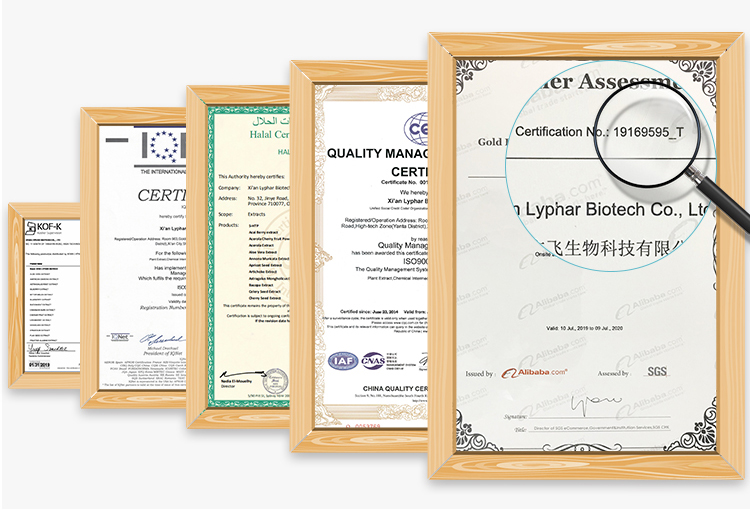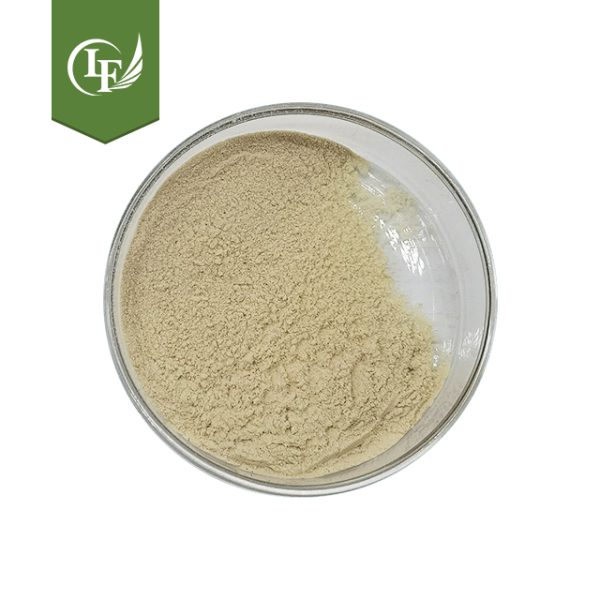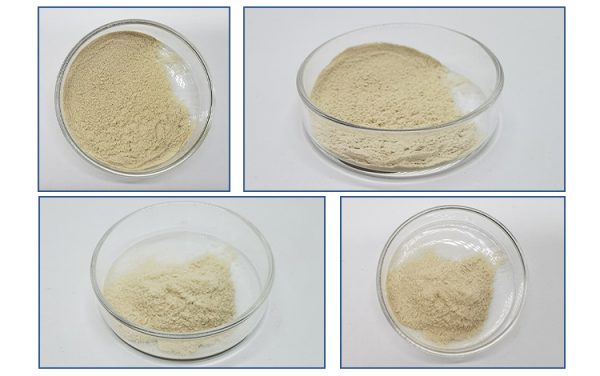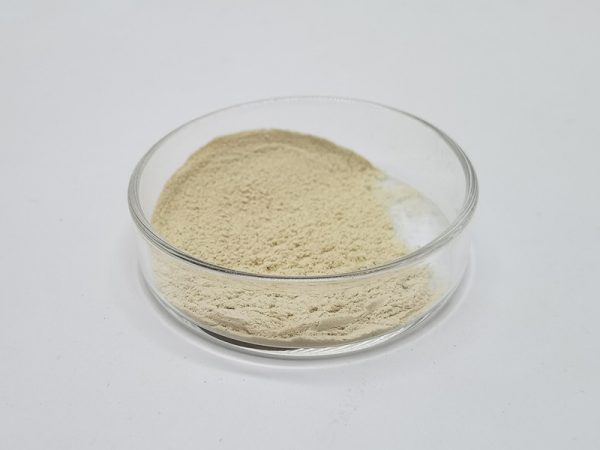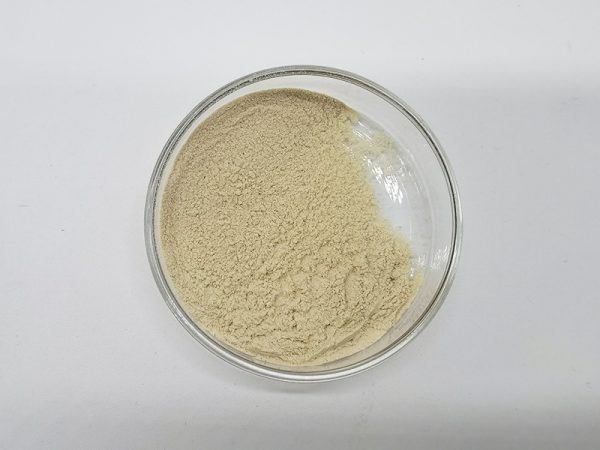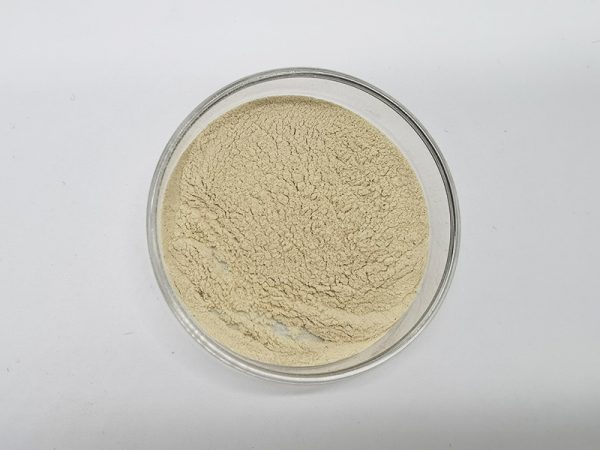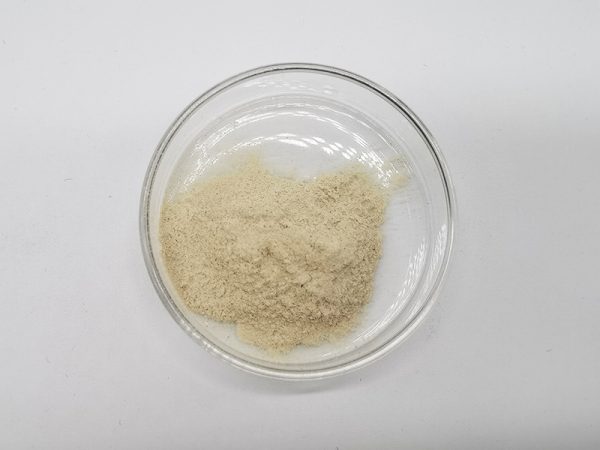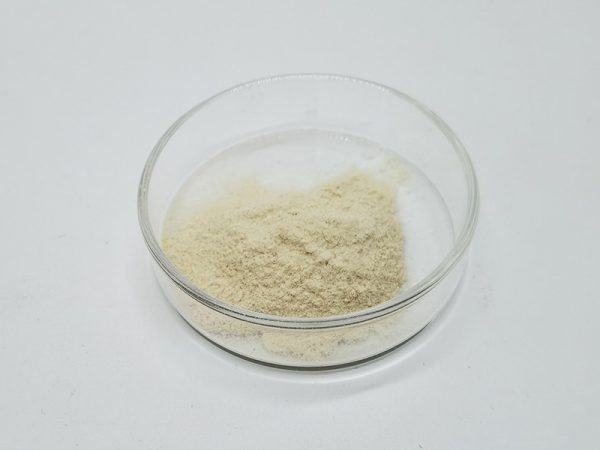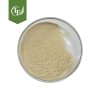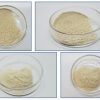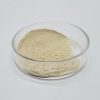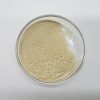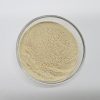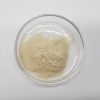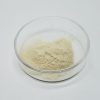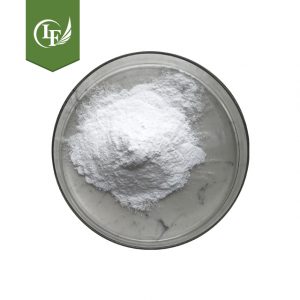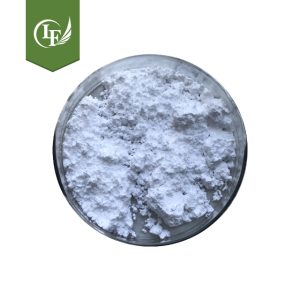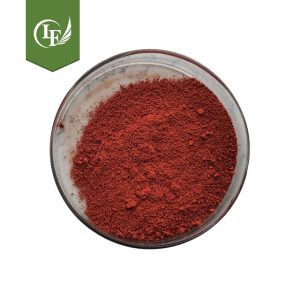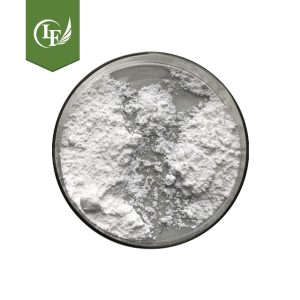Spermidine
Spermidine is a polyamine compound that is found in cells and is involved in various biological processes. It is a natural substance that is produced by the body and is also found in certain foods. Spermidine has been studied for its potential health benefits, including its role in cell growth, apoptosis (programmed cell death), and autophagy (a cellular recycling process).
Description

| Product name | Spermidine |
| Appearance | White powder |
| Specification | 1%, 5% |
| CAS | 124-20-9 |
| Storage | Cool & Dry Place |
| Shelf Life | 2 years |

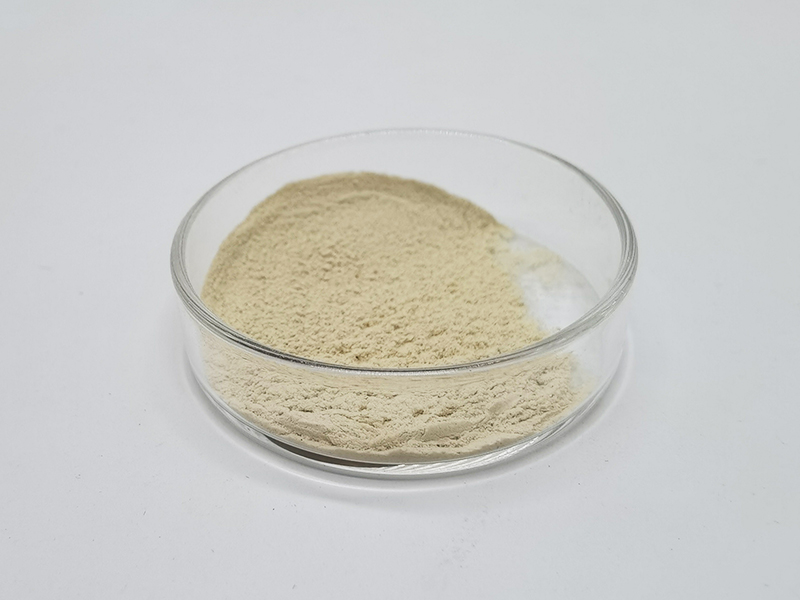

Spermidine is a polyamine, meaning it has two or more primary amino groups. It is naturally occurring and is widely encountered in ribosomes and living tissues. It plays a critical role in cell function and survival.
Spermidine can stimulate autophagy. A system that breaks down waste inside cells and recycles cellular components. It is an important quality control mechanism for the mitochondria, the powerhouses of our cells. Autophagy allows damaged or defective mitochondria to be broken down and disposed of. Polyamines can bind to many different types of molecules making them very useful. They support processes, including cell growth, DNA stability, cell proliferation, and apoptosis. It also appears that polyamines function in a similar way to growth factors during cell division.

1. Playing an important role in the regulation of various biological processes, including levels of intracellular PH and the maintenance of cell membrane potential;
2. May delay aging;
3. May reduce cognitive decline;
4. Might reduce the risk of cardiovascular disease;
5. Anti-inflammatory properties.
Can reduce chronic inflammation and may slow down cells and tissues age.

